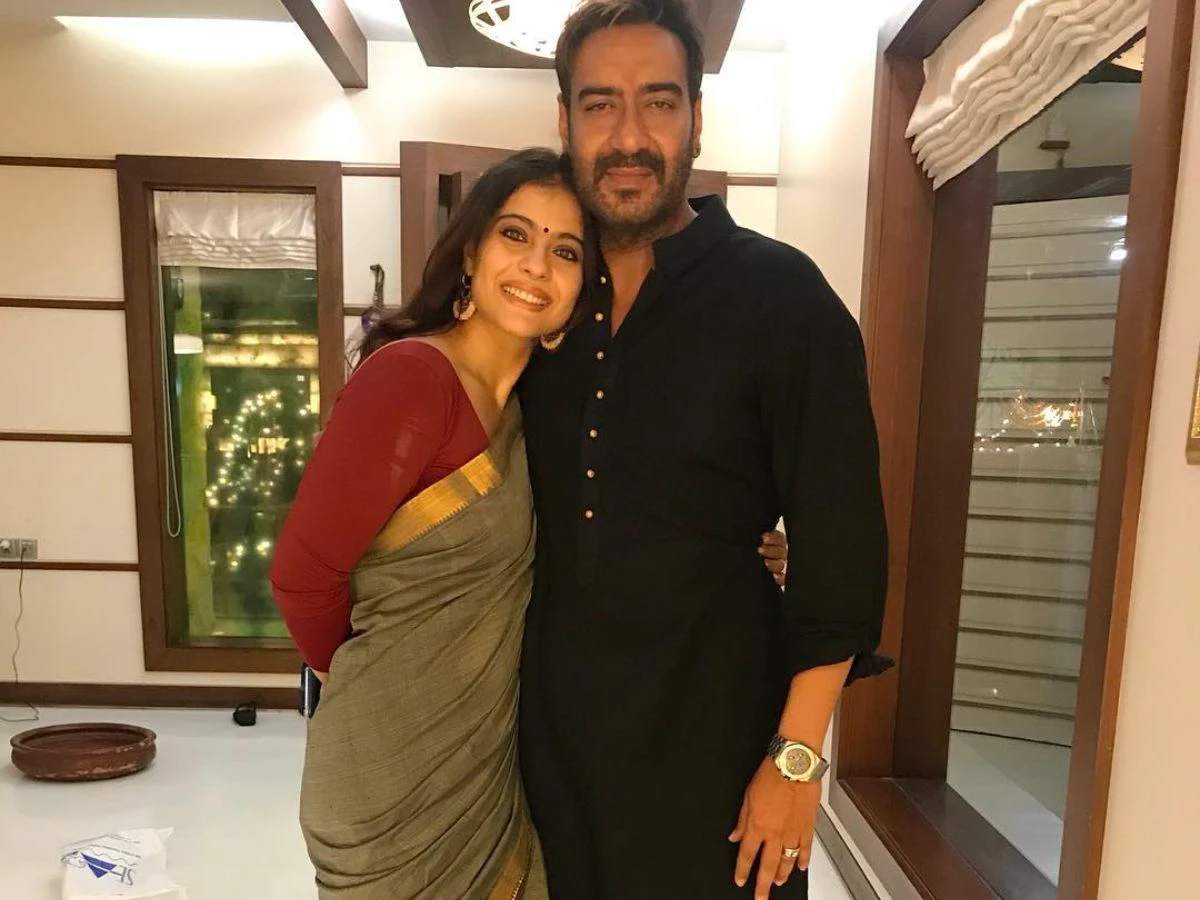The continuing chat show between Bollywood personalities Kajol and Twinkle Khanna is still inciting, very lively and hot discussions around modern relationships.
A recent conversation on the durability of marriage opened up a big debate around it. The upcoming episode features Kriti Sanon, along with Vicky Kaushal and will be available at midnight.
Coming after Twinkle Khanna’s often talked about comment in one of the episodes where she proposed that cheating can be excused with a “raat gayi baat gayi” attitude, Kajol has now brought pretty much more daring idea: a marriage should, henceforth, have an expiry date with a renewal option.
That’s when the conversation during the ‘This or That’ segment got very interesting. First, it was Twinkle Khanna who raised the issue and then immediately, she dismissed the idea by saying, “No, it’s marriage, not a washing machine.” But Kajol did not agree with her and, ‘Should marriage come with an expiry date?’ on the contrary, supported the idea pointing out that time-bound commitment would be a good mechanism in today’s changing social scenario.
Kajol On Marriage As A Contract: Renewal And Expiry
Kajol’s point of view is focused on the uncertainty that comes with a lifelong commitment. She stated, “I strongly support that idea. What is the guarantee that you will marry the right person at the right time? A renewal option would be sensible; no one would have to suffer for too long if there is an expiry date.”
With an experienced actress’s opinion open for discussion, who has been married for a long time, it is but a minor shift in view regarding the marriage’s finality even among strong and long-lasting celebrity couples. It characterizes marriage as a “promise” which can be broken and then renewed, being aware of the fact that people and their relationships change greatly during the course of time.
Kajol On Suffering Vs. Freedom: Redefining The Modern Marriage Dilemma
The most pronounced aspect of Kajol’s remark is the part where she says “nobody has to endure a long time.” It is quite a bold way of putting an end to the marital society stress that depends on the unhappiness of the couple left just for the sake of the reputation, children, or tradition. By suggesting the limit, she lifts the personal freedom and emotional state of mind above the restricting, old-fashioned institutional rules.
This standpoint is in line with a younger, more fluid generation that prioritizes self-creation rather than staying in the traditional commitment frameworks, implying that the fear of a messy, prolonged divorce could be eased by doing tie-in points for relationship continuance that have been built from the very beginning. The glamorous support for such an idea is definitely going to stir a lot of debates about the relationship structures for the years ahead.
